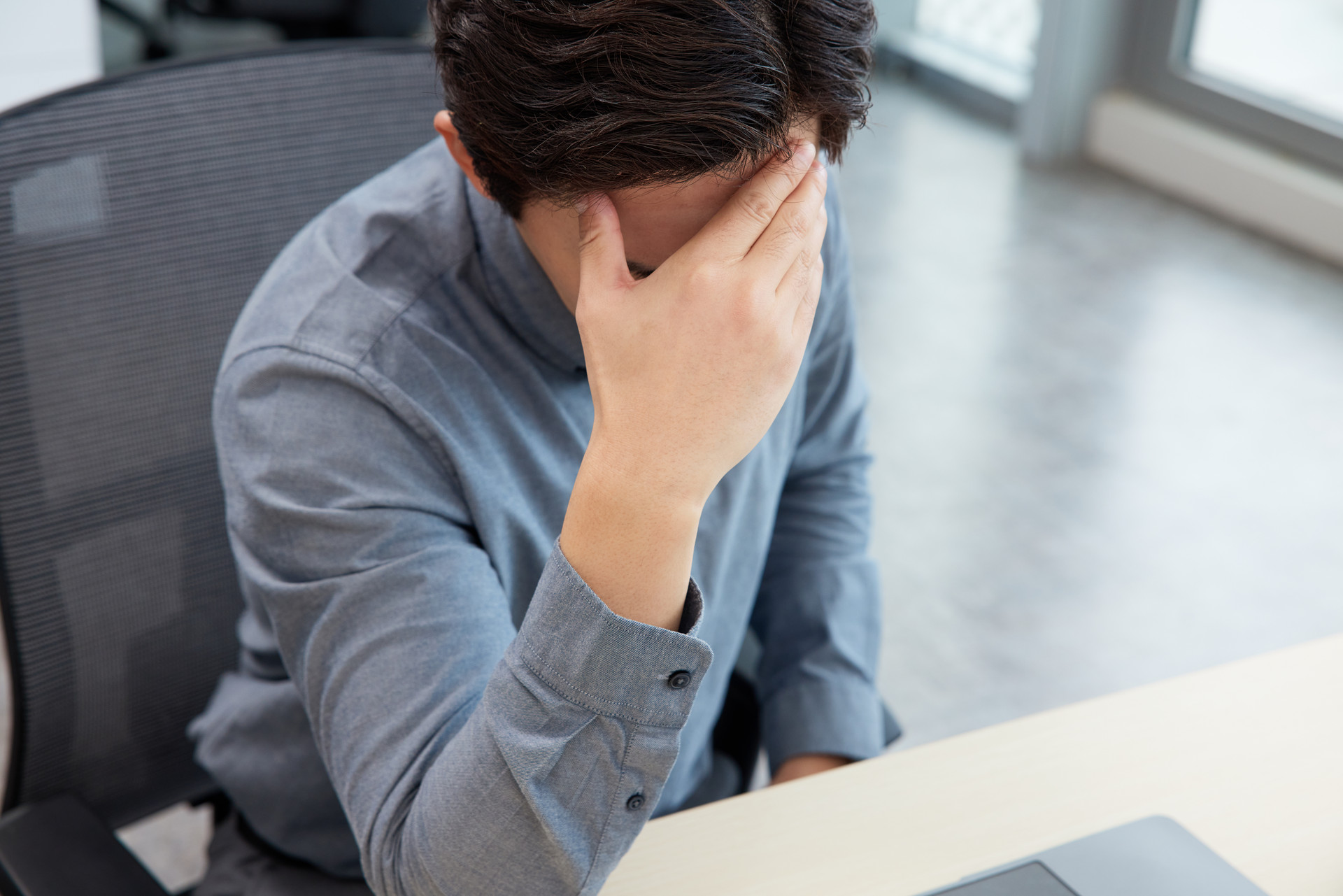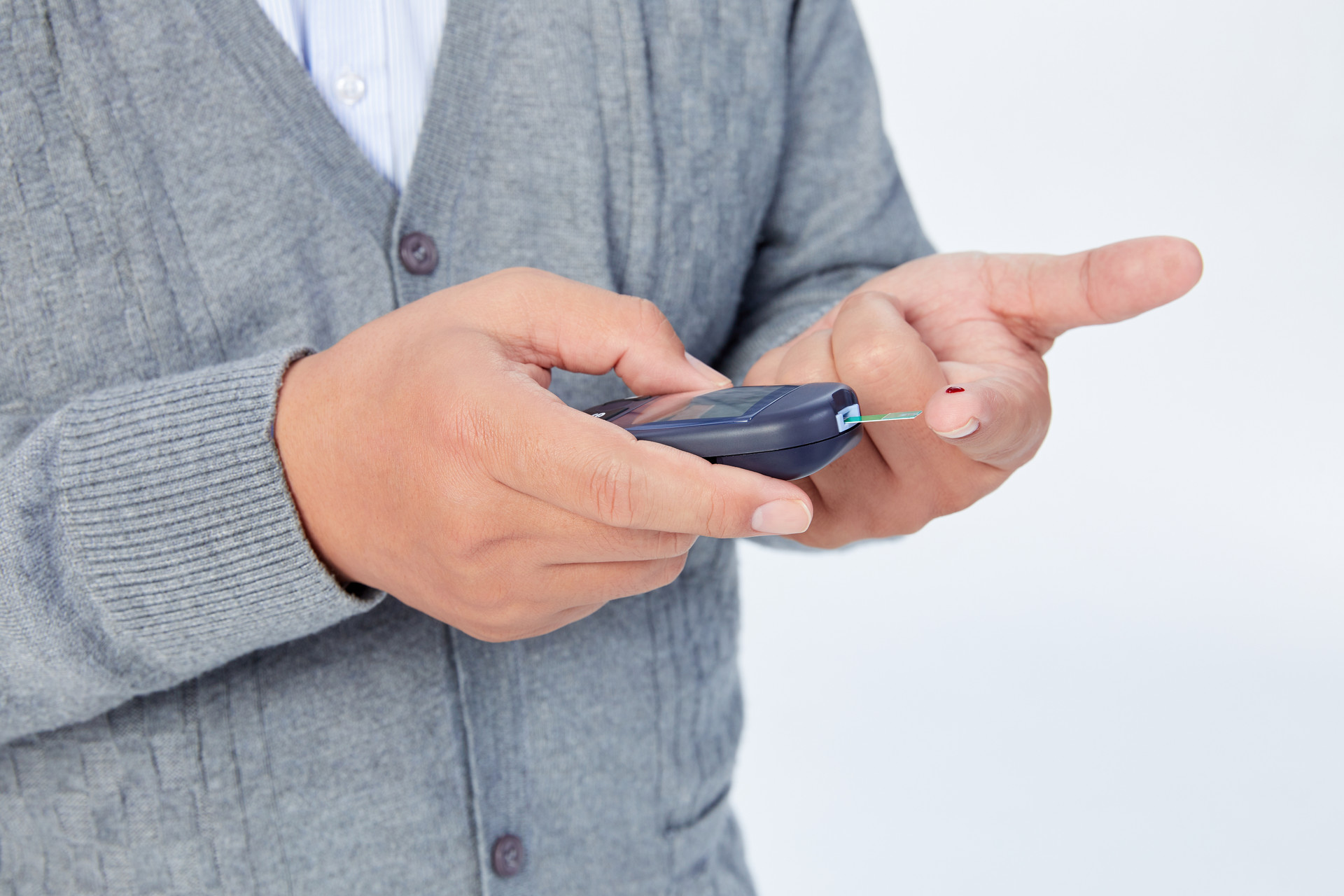Subnoon sleep means going to sleep at the time of Zi (11 pm to 1 am) and Wu (11 am to 1 pm) every day. The main principle is "sleeping heavily at Zi and taking a short nap at Wu".
According to traditional Chinese medicine theory, Zi and Wu are the times of yin-yang alternation and the time when the body's energy is "combining yin" and "combining yang". It is beneficial for nourishing yin and yang to sleep soundly during these two time periods.
Zi is from 11 pm to 1 am, when yin energy is strongest and yang energy is weak. "When yang energy is exhausted, one should sleep." Sleeping at this time has the best effect on rest and sleep quality, and can achieve twice the result with half the effort.
Wu is from 11 am to 1 pm, when yang energy is strongest and yin energy is weak. "When yin energy is exhausted, one should sleep." Therefore, one should also sleep during Wu. However, when yang energy is strong, work efficiency is usually higher, so a short nap of half an hour is sufficient. Sleeping for too long during the nap can disrupt the body's biological clock and affect sleep at night.
Compared to women, men have greater work pressure, especially mental workers. They usually do not pay attention to sleeping on time and have a nightlife, often missing the opportunity to sleep during subnoon. This can easily lead to sleep disorders, which are not conducive to physical and mental recovery. In the long run, it can put people in a sub-healthy state and pose a great risk to their health.
Therefore, it is recommended for men to sleep during subnoon, and pay attention to the following points: even if the weather is hot, it is important to keep warm while sleeping. Do not rest in a drafty place. It is best not to eat too greasy food before going to bed, as this can increase the viscosity of the blood.
Do not take subnoon sleep too casually. Do not sleep sitting or lying on the table, as it can affect blood flow to the head and cause dizziness and fatigue upon waking up. It is best to lie flat or on your side.










